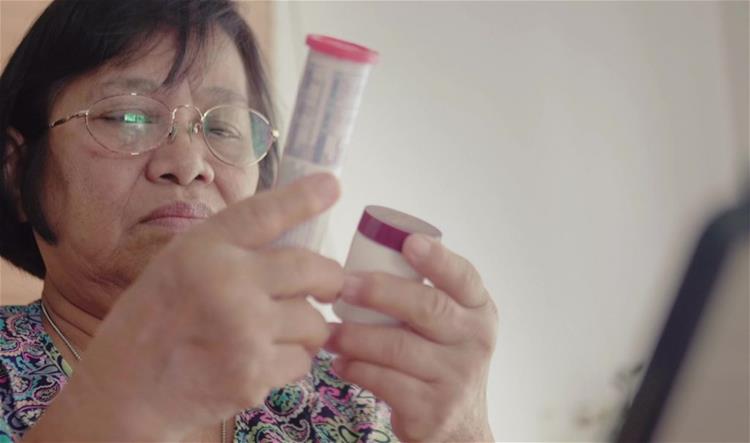
Researchers in the department of family medicine are studying how to reduce the number of unnecessary medications patients take.
For many older Canadians, taking multiple medications is part of daily life. Studies have shown that while they’re prescribed with purpose, taking five or more medications daily, also known as polypharmacy, often causes unintended adverse effects, resulting in an estimated 70,000 preventable hospital admissions per year.
Through the Team Approach to Polypharmacy Evaluation and Reduction Program (TAPER), researchers at the Department of Family Medicine are studying how to reduce the number of unnecessary medications a patient takes.
“We have really good systems for starting medications,” says MIRA member and family physician Dee Mangin, the principal investigator for TAPER. “But we don’t really good systems for stopping them.”
TAPER uses a collaborative approach involving the patient, their family doctor, a pharmacist and an online tool called TaperMD, to record information and identify possible inappropriate drugs to “pause and monitor.”
The patient and their preferences, priorities, and goals for treatment are at the core of this decision-making process.
In Canada, the impact of TAPER is being measured through a large randomized controlled trial in several provinces. TAPER is also being adapted and tested in long-term care homes, community pharmacies, and hospitals in Canada, Australia and New Zealand.
The research team is measuring the impact on quality of life, physical activity, sleep, pain, treatment burden, cognitive ability, and their thoughts and opinion on medications and medical treatments. So far, the results of the TAPER trials have been very promising.
“I see this as one of the best opportunities we have for improving health care and the life of older adults in the next 30 years,” Mangin says.
“Our vision is that the system of reducing the harms of polypharmacy, will become part of the routine preventive care for older adults, to better support the health and the lives of Canadians in the future.”
TAPER is one of several initiatives within the newly launched David Braley Primary Care Research Collaborative.
This article was first published on Brighter World. Read the original article.

